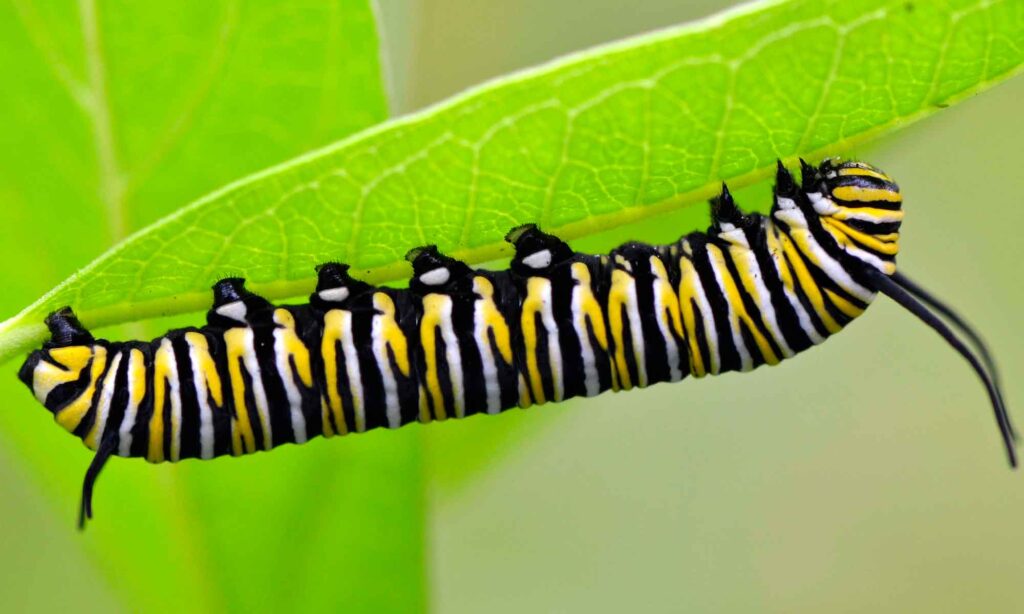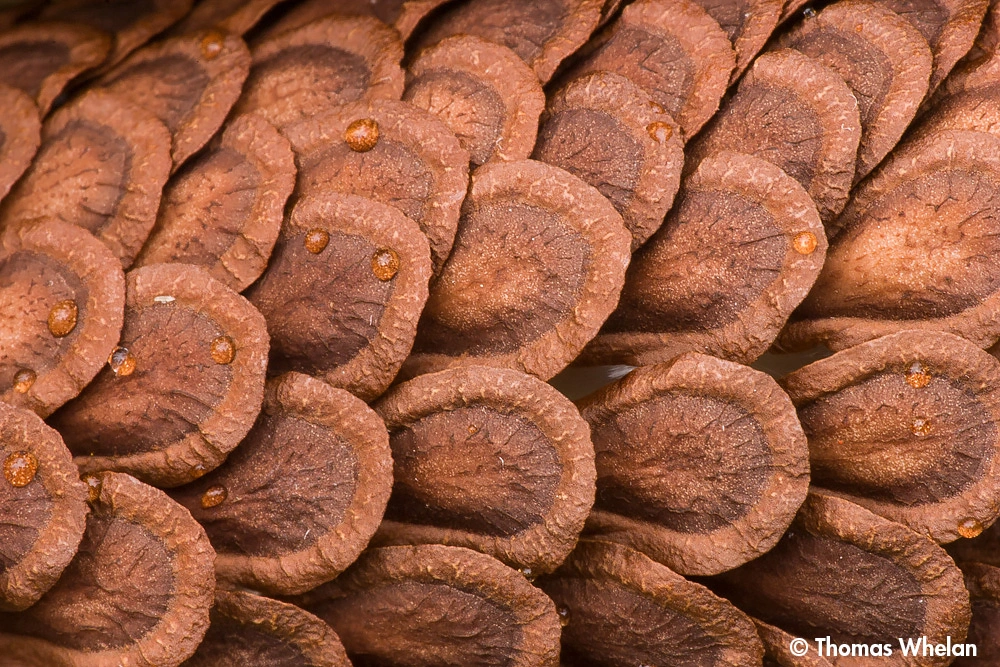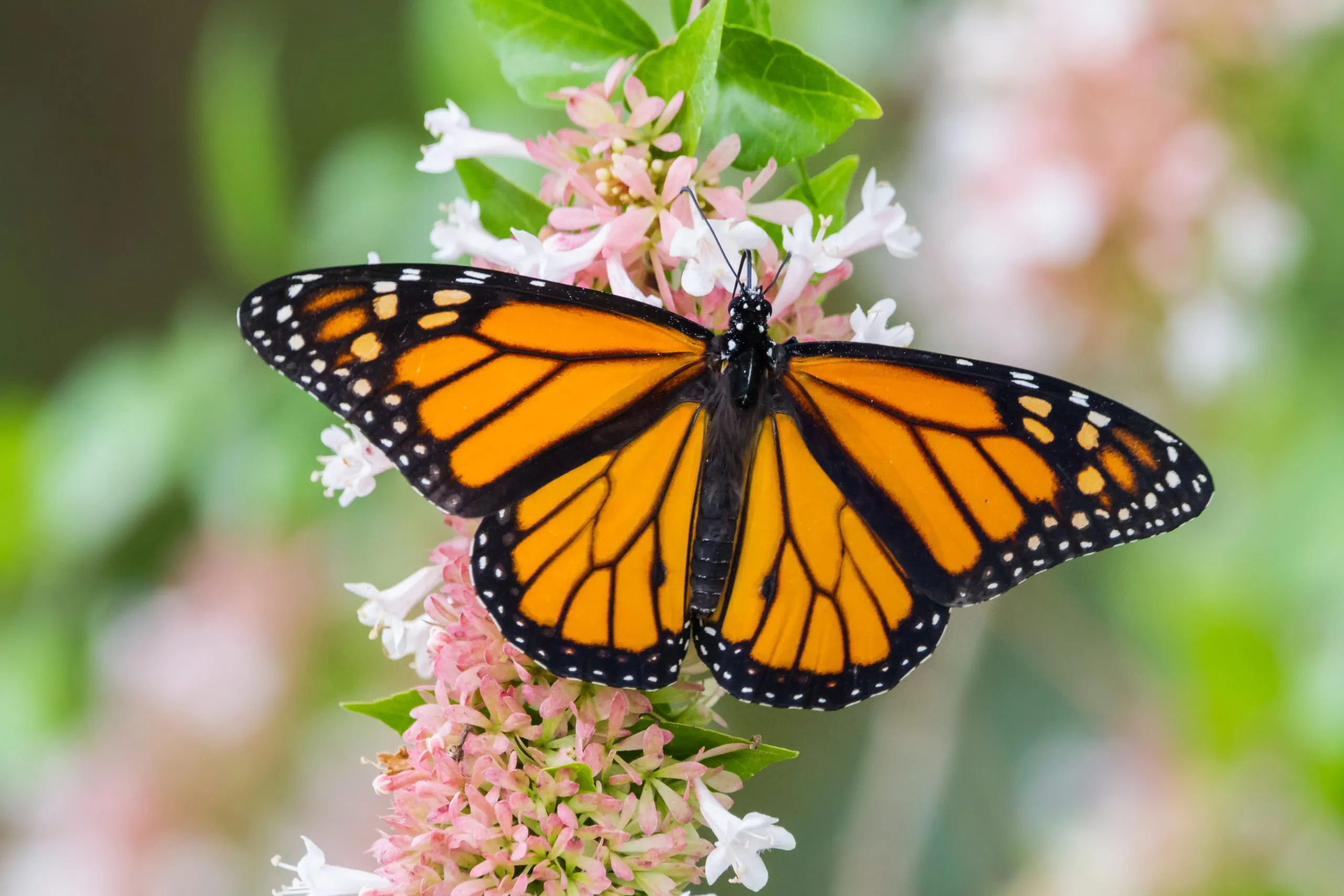Monarch butterflies are not directly poisonous to humans, but they contain toxic compounds called cardenolides or cardiac glycosides due to their larval consumption of Milkweed plants.

These compounds make the monarchs distasteful and potentially harmful to predators like birds. If a bird consumes a monarch butterfly, it may experience symptoms like vomiting and stomach upset, which teaches the bird to avoid eating monarchs in the future. This adaptation provides the butterflies with a form of chemical defense against potential predators.
However, for humans, simply touching or handling a Monarch Butterfly is harmless. It’s only when ingested that the butterfly’s toxins could pose a risk, but humans typically don’t eat butterflies. Consuming large amounts of Milkweed directly could be harmful to humans, but the amount of toxins in a single monarch butterfly would likely be insufficient to cause harm. Always exercise caution and avoid eating wild plants or animals without appropriate knowledge.

Milkweed Seeds
Seeds for growing plants in the Milkweed genus (Asclepias); required for all Milkweed butterflies, like the Monarch and Queen.
